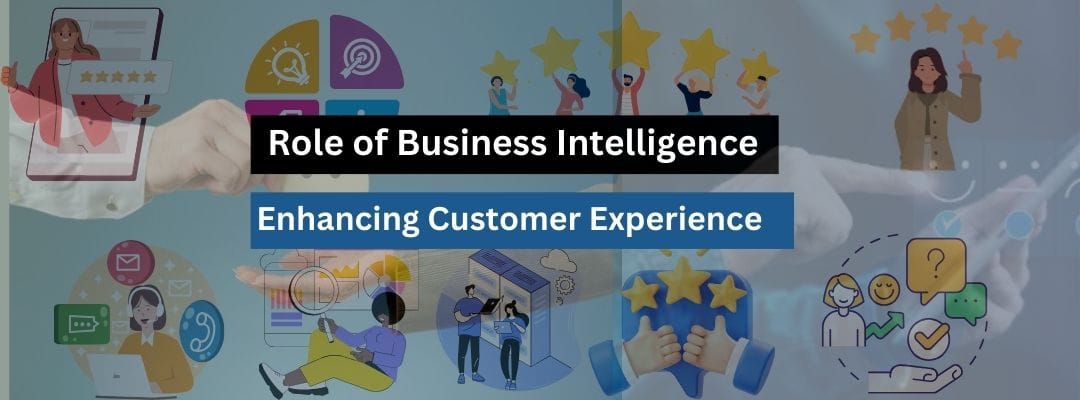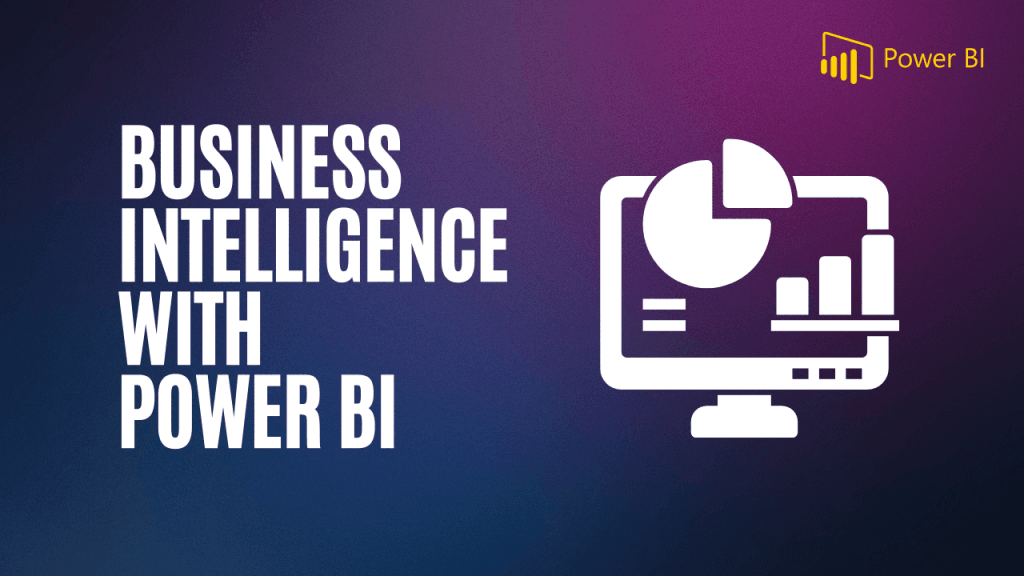In today’s competitive world, businesses are doing their best to ensure the improvement and delivery of the best experience to their customers. The impression a customer gets from associating with a brand is the customer experience, or CX. A good experience is likely to further customer loyalty, but a bad one could drive them away. This is where Business Intelligence (BI) comes in. Through data-driven strategies, BI improves customer experience for sustainable success.
Table of Contents
ToggleHow Business Intelligence Increases Customer Experience

Business Intelligence helps a firm come up with decisions that are data-informed through analytics. It helps businesses understand how clients want to receive customer services. On the other hand, it helps the business apply the data to be availed in analyzing customer needs and design services that meet specific customer expectations. This personalization element is what propels customer experiences.
Ready to take your Business Intelligence skills to the next level? Check out our comprehensive Mastering Business Intelligence with Power BI course.
For example, Business Intelligence can be used by a retail store to point out related products to a customer if it finds out that a certain customer repeatedly buys a certain product. This not only satisfies the customer’s needs but also enhances their shopping experience. In this light, Business Intelligence is very critical in enhancing the customer experience in all areas.
BI Tools for Customer Experience
There are a lot of Business Intelligence tools that help in improving the experience of customers. These tools consume big data and turn it into insights for better customer satisfaction. Some of the common BI tools are Tableau, Power BI, and Looker.
Simplified visualization of the data helps businesses observe trends and patterns. For example, the tools can help a business analyze customer feedback in search of common issues. Improving on these areas, companies manage to improve the customer experience by quite a great percentage.
Additionally, such tools can possibly help businesses segment the customers on the basis of several factors—age, location, purchasing behavior, etc. It would help the businesses target certain groups of customers toward particularized offers. Consequently, BI adds another supplementation to customer experience.
Business Intelligence in Customer Experience Management

Customer Experience Management basically describes the process through which the interaction between a business and its consumers is monitored and improved. Business Intelligence will play an essential role in the process of CXM, mainly for offering relevant insights on customer behavior.
Practically, with the help of Business Intelligence, companies are able to track and measure customer contacts on each and every platform—be it social media, email, or in-store. Enterprises analyze this information and look for opportunities to better customer experience. For instance, they can use BI where customers shortly complain related to long waiting times by optimizing the process flow presented, therefore, cutting the time, and increasing the satisfaction as a whole.
Besides, BI explains the preferences and expectations of customers. This information guides companies on how to offer services specified in a manner, crucial for customer experience.
Improving Customer Experience with Data Analytics
Data analytics is imperative in BI, where it is defined as the processing raw data to create a more useful form. As represented in the context of customer experience, it allows businesses to explain the behavior and the preferences of customers.
For instance, customer purchasing history analysis will help one predict future buying patterns. This way, companies can stock goods expected to be in the offing so that customers never lack the items they seek. Data analytics can be used here to identify trends in customer feedback to tackle common issues before they become impossible to handle.
Data Analytics also aids in the augmentation of digital customer experience. In other words, through the data from the traffic on the website, businesses can decipher what pages customers visit repeatedly, which in turn provides the means to optimize the layout of website pages for easier location of the desired information for the customers.
The most important advantage of Business Intelligence lies in the understanding of customer behavior. From such a perspective, the insights are vital to customer experience improvement.
For example, mining customer data allows uncovering trends in purchasing behavior. This can be the heart of a personalized marketing initiative aimed at triggering interests within the individual customer. Personalized marketing is far more effective than general marketing since it speaks to the customers’ need or preference.
Moreover, Business Intelligence helps in forecasting a problem before it hits customer satisfaction. For instance, if data shows up that there is a certain stage at which the customers are abandoning the idea of purchase, the company can research this and develop some actionable intelligence on this issue. This averts sour experiences in that regard and hence urges satisfaction.
Business Intelligence and Customer Loyalty
Ready to take your Business Intelligence skills to the next level? Check out our comprehensive Mastering Business Intelligence with Power BI course.
The issue of customer loyalty is closely related to customer experience. A customer who has a delightful experience will want to return to the business, but if they have a bad experience, it most probably will hesitate or completely be pushed from returning. This is where Business Intelligence comes in; it can be great in making sure customer loyalty.
BI enables organizations to have in-depth knowledge of the needs and preferences of customers. Provision of experience in a manner that is personal leaves customers feeling valued and appreciated, hence increasing brand loyalty.
Additionally, Business Intelligence can extend to the reward of loyalty by customers. For example, a business can utilize BI tools to find out the most loyal customers and maybe award them special discounts or rewards. This not only enhances customer experience but further connects the customer and the brand.
Conclusion: The Merits of Business Intelligence in Customer Service
Business intelligence is a powerful tool with the purpose of bettering the customer experience. The analysis on customer data will make businesses get insights that will, in turn, lead to added personalization in services, attending to issues proactively, and establishing customer loyalty. The advantages of using business intelligence in customer service are pretty obvious. With businesses willing to invest in BI tools and data analytics, it would be possible for them to realign their strategies according to customer demands to successfully raise the level of customer satisfaction and loyalty. It can be agreed that the role of Business Intelligence would not be overemphasized either in the retail, entertainment, or any other industry.
Ready to take your Business Intelligence skills to the next level? Check out our comprehensive Mastering Business Intelligence with Power BI course.



